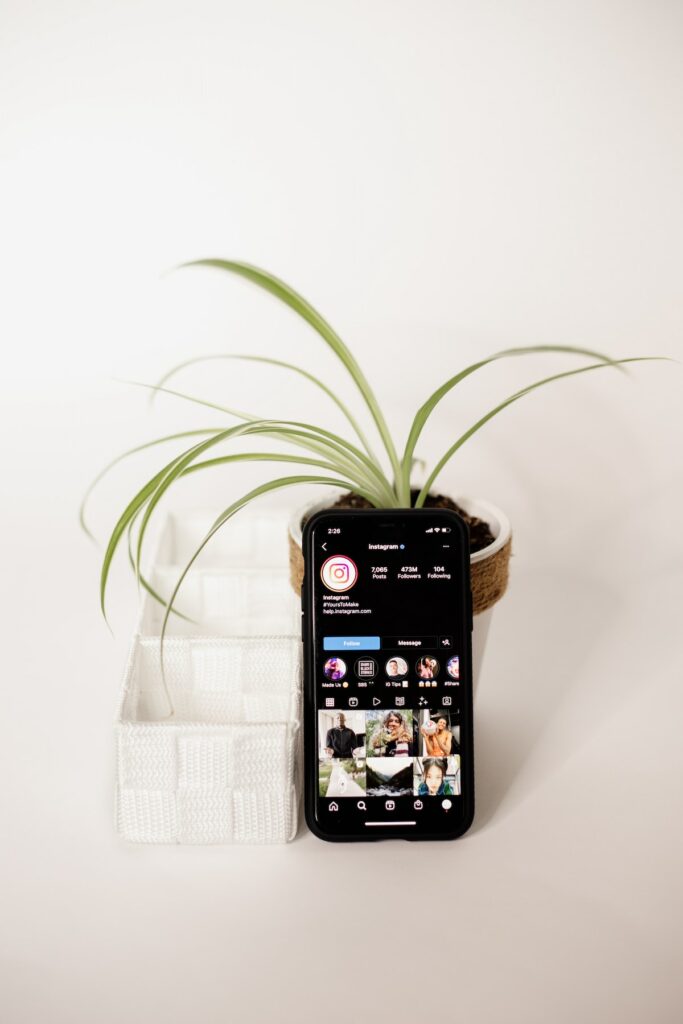The phrase – breaking up with my smartphone – sounds unthinkable, dramatic, and even radical to most people because like almost everyone on this planet, I have a very close relationship with my smartphone.
My smartphone is always within arms length for quick check-ins ranging from checking the weather, news, emails to spending time on social media.
In this blog post, I share some of my own insights based on my learnings from Price’s book and my journey on breaking up with my smartphone.
Not really but you get the point.
How I Embarked on Breaking up with my Smartphone
Without much reflection on the matter, I have considered myself to be a mindful consumer but the events of the last two years have changed my perspective.
The pandemic, the lockdowns, and the pauses provided me with long periods of reflection on various aspects of my behaviors especially those I did mindlessly. And, one of these was my relationship with my smartphone.
Fortuitously, the universe delivered guidance and insights in the form of Catherine Price’s book, How to Break Up With Your Phone. Her book offers a step-by-step process to renegotiate your relationship with your phone, how you want to use it and how much time.
After reviewing her book, for the first time in a long time, I started to find balance and regain focus and sleep.
Just as I’ve renegotiated the clothes in my dresser, I’m eager to do the same for my smartphone.

How Smartphones Usage is Impacting Memory
We love our smartphones for many reasons, not the least of which that they are amazing handheld computers that facilitate many things in our lives. That many of us question how much time we spend on these miracle electronics is a good thing.
Here are two of Price’s key findings that resonated deeply with me as I considered breaking up with my smartphone.
1. We are not solely responsible for the addiction to our smartphones.
Did you know that social media apps are designed to keep you clicking and scrolling away?
After reading this point, I followed up with some research and found this study, Addictive Features of Social Media/Messenger Platforms and Freemium Games against the Background of Psychological and Economic Theories. It makes for a sobering read.
So yes, we are partially to blame for the time we spend on our smartphones but Price is on point that you are not solely responsible for time logged.
2. Smartphones drain our brains making it harder to stay focused.

As a science journalist, Price further reports that the smartphone and all of its functions disrupts our concentration, and the brain has to go to a lot more effort to maintain focus.
The mind gets drained sooner, and has more difficulty maintaining attention.
The result is that it succumbs to distractions more quickly, rather than staying the course doing what we were doing.
And, this also impacts our short and long-term memory.
For me personally, I have experienced the negative impacts of too-much-social media, especially on my sleeping patterns.
Falling asleep or waking up in the night, I’ve even tried to hack the blue light by wearing special glasses.
Reading the book has brought this key fact into light for me: the extent of the disruption in my focus.
How Truly are You Connected to Your Smartphone
Here are two questions that can help you understand to find out really, truly how connected you are to your smart device. This understanding could make you embark on the same journey as I did:
- How many times do you pick up your phone each day?
- Any sense of why you pick up your phone?
Now, ask yourself why you pick up your phone so frequently.
- Is it because of notifications, phone calls, texts and DMs?
- Are you researching a question, making travel arrangements, buying event tickets, or shopping?
- Are you checking email, time or the weather?
- Are you reading the news or surfing social media?
I suggest journaling and reflecting on some of the answers you discover.
Your reflections could help you decide you do want to reduce your dependence on your smartphone or it may create mindfulness on how often and why you use your phone.
And, it may help you decide that you may indeed want to break up with your smartphone to regain your focus and momentum.
Tips on Reducing the Disruption of Smartphones
I have begun a series of mindful actions to reduce the disruption that my smartphone is causing me; you could say that I am breaking up with my smartphone in a thoughtful and intentioned manner.
Serendipitously, another colleague was on a similar quest. She took her own smartphone break after noticing that she was reaching for her phone constantly between tasks without even thinking about it.
Here are my colleague’s list of actions that she very generously shared with me:
- Check trusted websites and podcasts to stay informed on news once a day
- Pay attention to shows she is watching and podcasts she is listening to without simultaneously checking social media
- Spend more quality time with her kids without feeling drawn to document the fun
- Reading two books in a week for pleasure, instead of hours of nighttime scrolling
- Journaling for the first time in many years
- Sitting in silence occasionally
If you are struggling to maintain momentum moving forward with your objectives due to a lack of focus, you might consider breaking up with your smartphone. And to help you on your journey, you may find the book, How to Break Up with Your Phone. to be a timely read for you!
And, one final tip that I, as a professional coach, cannot resist sharing: here is a great read on when to consider getting a professional or executive coach.
Good luck on your journey on regaining focus and momentum!



